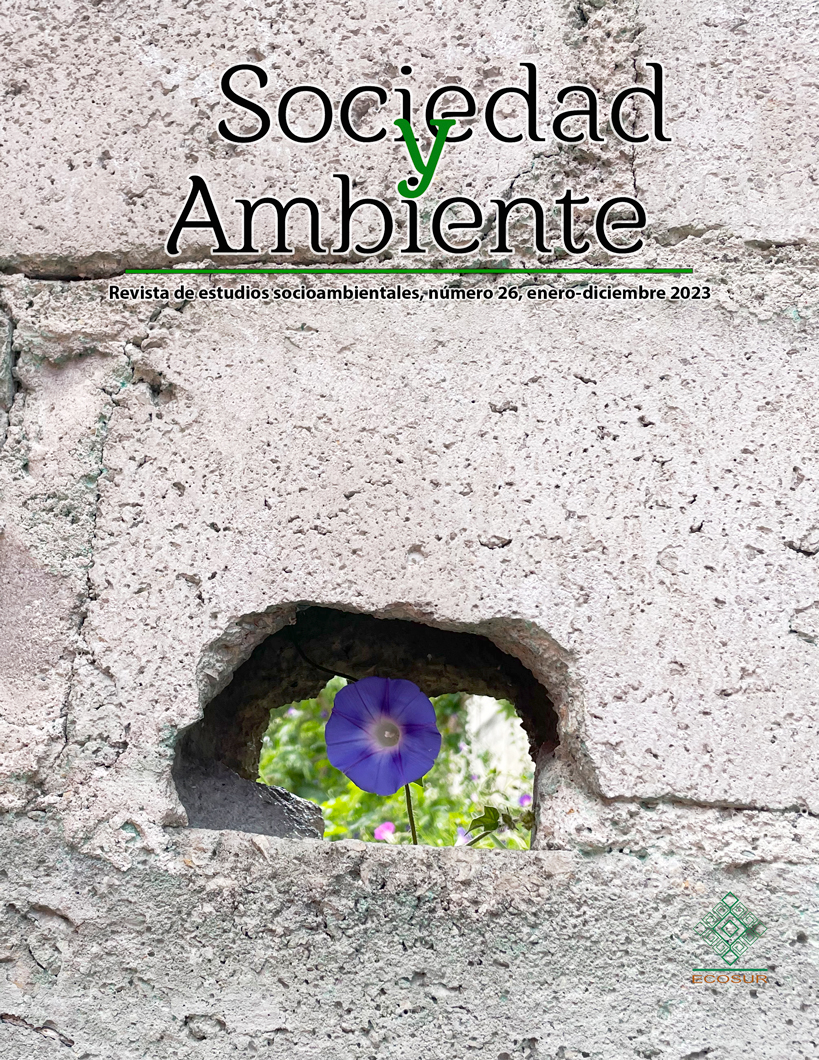Abstract
The article’s objective is to build typologies of the dynamics of territorial governance around the organization of spiny lobster fishing in the Sian Ka’an and Banco Chinchorro biosphere reserves in Quintana Roo, Mexico. We develop three typologies of governance that explain the diverse development trajectories of the six fishing communities located in the two reserves, based on the study of social organization and the networks that fishermen build with external actors: 1) participatory and inclusive governance is built-in environments of trust that allow more equitable decision-making processes and the construction of solid institutions for the preservation of the lobster resource; 2) exclusive and conflictive governance is characterized by having limited capacities for cooperation and collective action, which is expressed in undemocratic agreements and fragile institutions for environmental conservation; and 3) governance in transition towards inclusion occurs in territories where the community social fabric is being rebuilt to generate a culture of responsible fishing. We conclude that the construction of governance typologies helps to understand the complexity of negotiation processes that result in a wide variety of institutional arrangements and development trajectories of fishermen’s organizations at the local scale.

Sociedad y Ambiente by ECOSUR is licensed under a Creative Commons Reconocimiento-NoComercial-SinObraDerivada 2.5 México License


